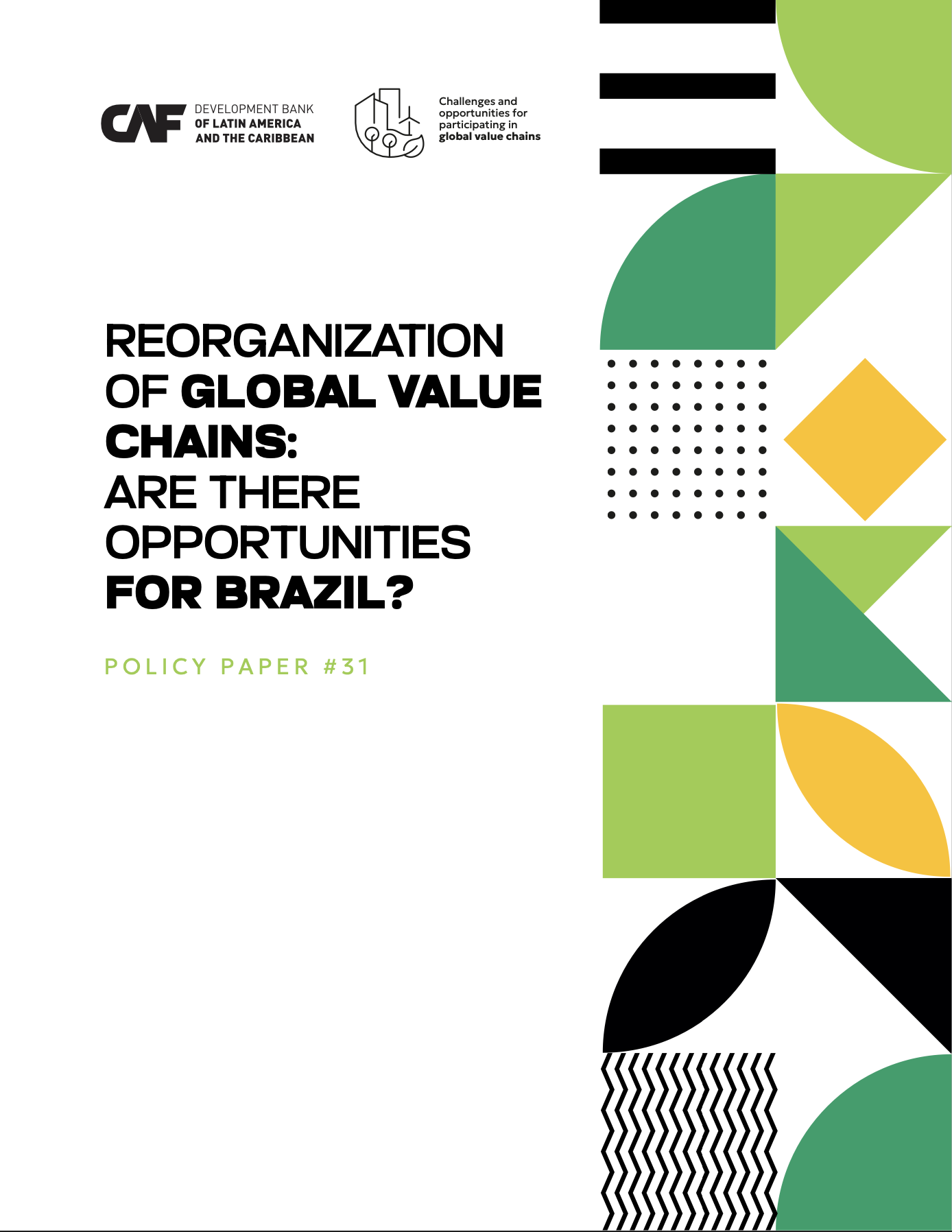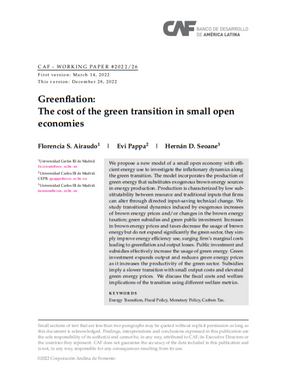| dc.contributor.author | Ghazarian, Agustín | |
| dc.contributor.author | Champetier, Coline | |
| dc.contributor.author | Quiroga, Darío | |
| dc.contributor.author | Baqueriza, Francisco | |
| dc.contributor.author | Barros, Nicolás | |
| dc.contributor.author | Souilla, Laura | |
| dc.contributor.author | Sanz, Ramón | |
| dc.contributor.author | Gomelsky, Roberto | |
| dc.contributor.author | Salinas, Edgar | |
| dc.contributor.author | Rios, Juan | |
| dc.contributor.author | Cont, Walter | |
| dc.coverage.spatial | América Latina y el Caribe | es_ES |
| dc.date.accessioned | 2024-12-09T14:53:43Z | |
| dc.date.available | 2024-12-09T14:53:43Z | |
| dc.date.issued | 2024 | |
| dc.identifier.citation | Ghazarian, A., Champetier, C., Quiroga, D., Baqueriza, F., Barros, N., Souilla, L., … Cont, W. (2024). Just Energy Transition / Scenarios Brazil. Retrieved from https://scioteca.caf.com/handle/123456789/2354 | en_GB |
| dc.identifier.uri | https://scioteca.caf.com/handle/123456789/2354 | |
| dc.description.tableofcontents | The energy transition is a key challenge for Brazil, a country with vast energy resources and a strategic role in the global climate agenda. This report provides a comprehensive analysis of the technical, economic, and political aspects necessary to guide Brazil toward a just and sustainable energy transition. The analysis is structured into four chapters that detail the diagnostics, scenarios, methodologies, and a roadmap outlining specific actions to achieve the stated objectives. Brazil has significant advantages, such as an electricity matrix dominated by hydropower and enormous potential for developing wind and solar resources. According to the Brazilian Wind Energy Association (ABEEólica), the country has a gross potential of 500 GW in onshore wind energy and 697 GW in offshore resources. Additionally, the central and northeastern regions have high solar energy potential, with levels exceeding the global average. This report underscores the importance of leveraging these renewable resources not only to reduce emissions but also to promote inclusive and regional economic development. Furthermore, it highlights the need for robust public policies and international financing to ensure a just and sustainable transition for all sectors of society. | |
| dc.language.iso | en | es_ES |
| dc.rights | CC-BY-NC-ND | es_ES |
| dc.rights.uri | http://creativecommons.org/licenses/by-nc-nd/4.0/ | es_ES |
| dc.subject | Ambiente | es_ES |
| dc.subject | Cambio climático | es_ES |
| dc.subject | Comercio internacional | es_ES |
| dc.subject | Energía | es_ES |
| dc.subject | Políticas públicas | es_ES |
| dc.subject | Recursos naturales | es_ES |
| dc.subject | Sector productivo | es_ES |
| dc.subject | Transformación productiva | es_ES |
| dc.title | Just Energy Transition / Scenarios Brazil | es_ES |
| dc.type | Book | es_ES |
| caf.relation.languageVersion | 123456789/2329 | |
| caf.relation.languageVersion | 123456789/2355 | |




